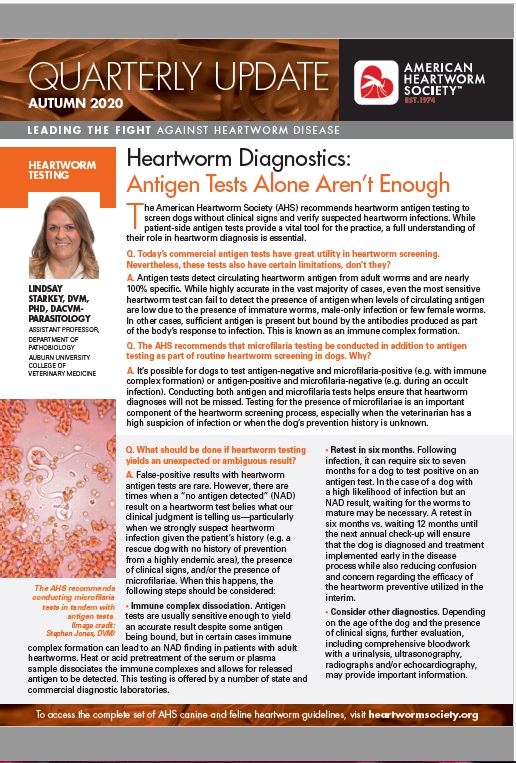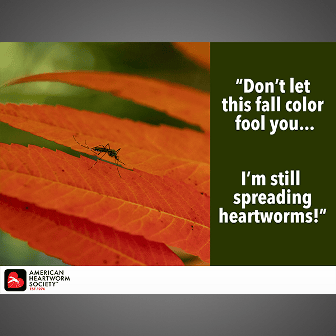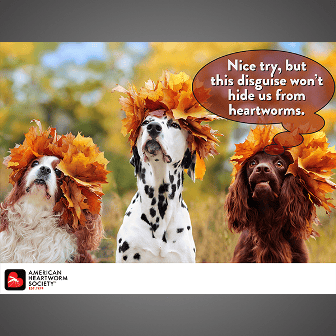Lindsay Starkey, DVM, PhD, DACVM - Parasitology
Assistant Professor, Department of Pathobiology
Augurn University College of Veterinary Medicine
Open/Download Quarterly Update as PDF
Heartworm Diagnostics: Antigen Tests Alone Aren’t Enough
The American Heartworm Society (AHS) recommends heartworm antigen testing to screen dogs without clinical signs and verify suspected heartworm infections. While patient-side antigen tests provide a vital tool for the practice, a full understanding of their role in heartworm diagnosis is essential.
Q. Today’s commercial antigen tests have great utility in heartworm screening. Nevertheless, these tests also have certain limitations, don’t they?
A. Antigen tests detect circulating heartworm antigen from adult worms and are nearly 100% specific. While highly accurate in the vast majority of cases, even the most sensitive heartworm test can fail to detect the presence of antigen when levels of circulating antigen are low due to the presence of immature worms, male-only infection or few female worms. In other cases, sufficient antigen is present but bound by the antibodies produced as part of the body’s response to infection. This is known as an immune complex formation.
Q. The AHS recommends that microfilaria testing be conducted in addition to antigen testing as part of routine heartworm screening in dogs. Why?
A. It’s possible for dogs to test antigen-negative and microfilaria-positive (e.g. with immune complex formation) or antigen-positive and microfilaria-negative (e.g. during an occult infection). Conducting both antigen and microfilaria tests helps ensure that heartworm diagnoses will not be missed. Testing for the presence of microfilariae is an important component of the heartworm screening process, especially when the veterinarian has a high suspicion of infection or when the dog’s prevention history is unknown.
Q. What should be done if heartworm testing yields an unexpected or ambiguous result?
A. False-positive results with heartworm antigen tests are rare. However, there are times when a “no antigen detected” (NAD) result on a heartworm test belies what our clinical judgment is telling us—particularly when we strongly suspect heartworm infection given the patient’s history (e.g. a rescue dog with no history of prevention from a highly endemic area), the presence of clinical signs, and/or the presence of microfilariae. When this happens, the following steps should be considered:
- Immune complex dissociation. Antigen tests are usually sensitive enough to yield an accurate result despite some antigen being bound, but in certain cases immune complex formation can lead to an NAD finding in patients with adult heartworms. Heat or acid pretreatment of the serum or plasma sample dissociates the immune complexes and allows for released antigen to be detected. This testing is offered by a number of state and commercial diagnostic laboratories.
- Retest in six months. Following infection, it can require six to seven months for a dog to test positive on an antigen test. In the case of a dog with a high likelihood of infection but an NAD result, waiting for the worms to mature may be necessary. A retest in six months vs. waiting 12 months until the next annual check-up will ensure that the dog is diagnosed and treatment implemented early in the disease process while also reducing confusion and concern regarding the efficacy of the heartworm preventive utilized in the interim.
- Consider other diagnostics. Depending on the age of the dog and the presence of clinical signs, further evaluation, including comprehensive bloodwork with a urinalysis, ultrasonography, radiographs and/or echocardiography, may provide important information.








